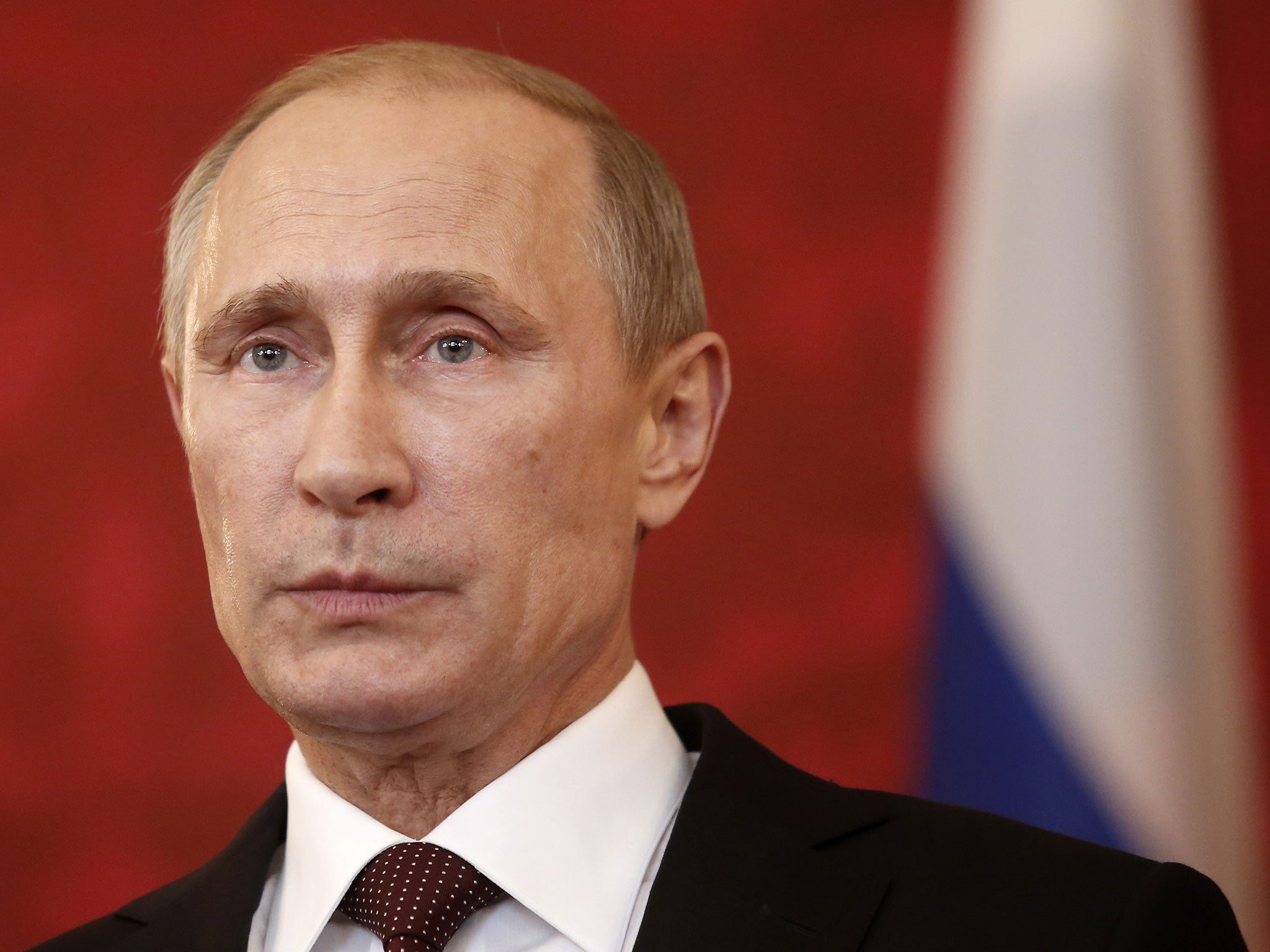'Russia's growing threat': The West faces a very dangerous crisis – and it's partly its own making
Putin is challenging the peace on which modern Europe was founded

The Chinese philosopher Sun Tze said “Strategy without tactics is the slowest route to victory. Tactics without strategy is the noise before defeat.” In the Ukraine crisis, Putin is playing strategy. The West is playing tactics.
So now we face a very dangerous crisis. That this is, in part, of our own making provides an explanation for how we got here, but not a signpost for what we should do next. For Putin has chosen to challenge, not just the sovereignty of Ukraine, but the very basis on which the peace of Europe has been founded these last fifty years. When the Second World War ended, Europe determined that it would end a thousand years of warfare driven by the assertion that large powers have the right to subjugate the freedoms (even the existence) of smaller nations, if they believed them to be within their spheres of influence. Instead Europe’s peace would in future be based on the principles of co-operation, peaceful co-existence and the right of all nations, large and small to determine their future based exclusively on the will of their people. By denying that right to Ukraine on the grounds that it is Russia’s sphere of influence, Putin asks us to abandon those principles. We cannot do so.
And that’s the problem. A strong self-confident Russia would be easier to deal with. But for a weak one – and especially a weak one led by a muscular leader – the distractions of military adventurism are irresistible.
So what should we do?
Our greatest lever still lies in economic means rather than military ones. The sanctions are having an effect. It may even be that Putin is bringing things to a head military in an attempt to foreshorten the economic pain. So the first strand of our strategy should be patiently to stay the course of economic sanctions.
The second is to continue what the West, through Chancellor Merkel and President Hollande have begun. Keep pushing for a peace based in a cease-fire and greater autonomy for eastern Ukraine.
Does this mean no direct military response? Unless NATO is threatened directly, it does.
Does it mean no military diplomacy? Not it doesn’t. The right reaction to Russian arming of the Ukrainian rebels is to make it clear that we are prepared to do the same for the Ukrainian Government. But not now, not quickly and not all at once. What we need is more a process, than an event. Start small, slow and un-aggressively – with communications and intelligence equipment for example. Expand by steps when we have to.
All these actions are necessary, but they are not sufficient. We still lack a broader diplomatic strategy. Yet one stares us in the face, if only we could see it.
Lord Ashdown was leader of the Liberal Democrats from 1988 to 1999. He is a former Royal Marine and diplomat.




Join our commenting forum
Join thought-provoking conversations, follow other Independent readers and see their replies